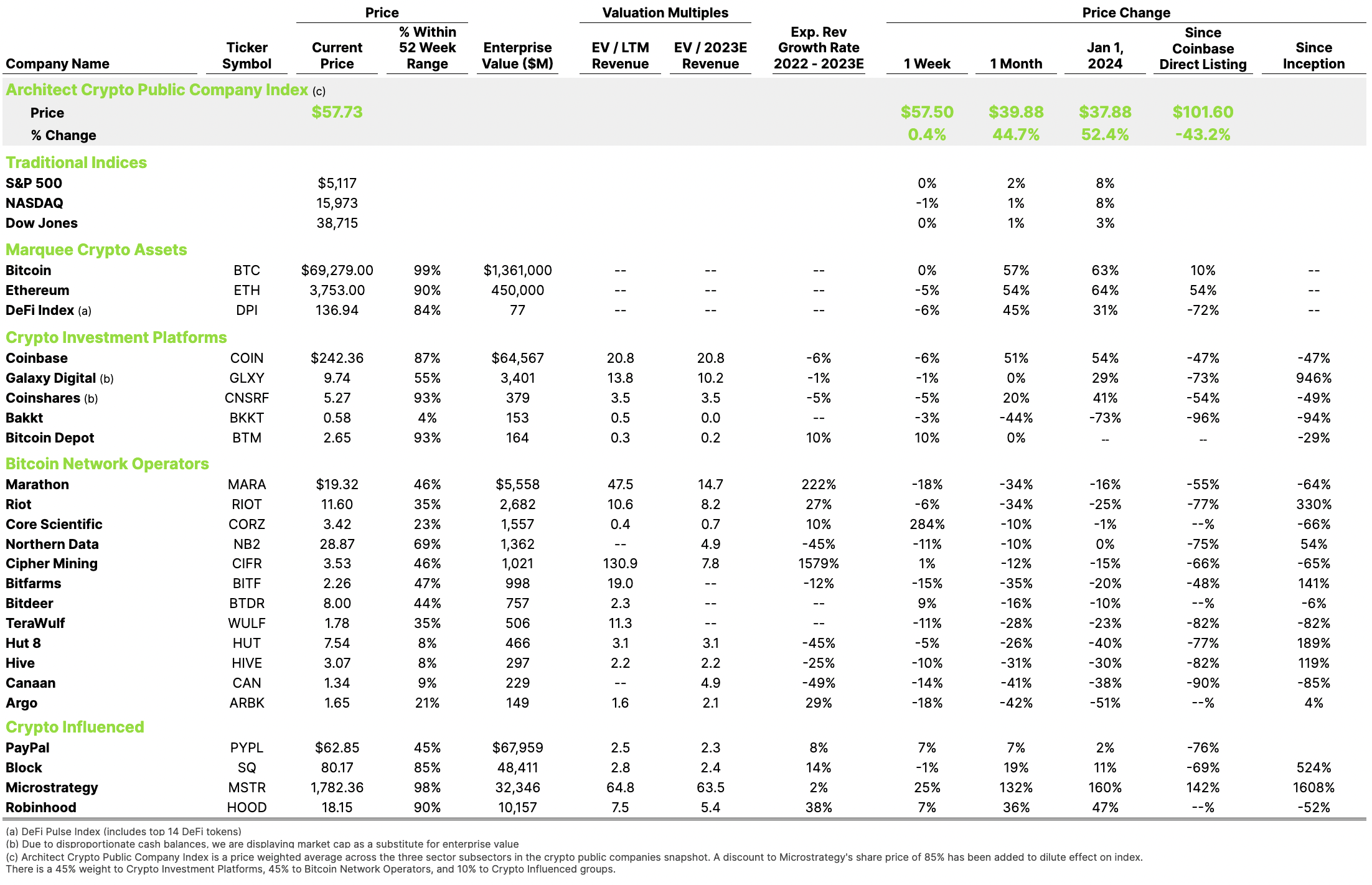News on Macro Economic Data
This week continues the flow of negative economic information supporting the thesis that inflation is reigniting. The February CPI came in higher than expected at 0.4%, which is an increase from the hotter than expected 0.3% in January. The PPI came in at 0.6% (1.6% YoY) for February, twice the expected 0.3%. Energy prices were the largest component of the PPI increase, and these energy costs have not yet made their way completely through the supply chain.
Some economists suggest the CPI rise is due to a strong economy and point to the continued strength of the consumer. The numbers supporting a healthy consumer segment are also not positive. Retail sales were weaker than expected, rising 0.6% in February, and 1.5% YoY – the 24th straight month that retail sales, adjusted for inflation, have been flat. Additionally, the National Restaurant Association reported that January was the weakest month for sales and traffic since Covid. Against this backdrop real disposable income continues to fall, debt to income ratio is at the highest since The Great Recession, and loan delinquencies continue to rise.
Crypto Public Company Activity
In May 2023, Digital Asset, Goldman Sachs, Microsoft, BNP, Deloitte and other leading companies agreed to collaborate on the development of the Canton Network to make more efficient, interconnected blockchain-based financial services transactions available.
In a significant event, Canton completed a highly successful four-day trial of the network. The trial included 155 participants from 13 banks, 4 custodians, 15 asset managers, 3 exchanges, and financial markets infrastructure providers, including Goldman Sachs, Broadridge, BNY Mellon, BNP Paribas, Standard Chartered, VISA and others.
22 dApps – covering various segments, including fund, cash and bond registries and trading, margin and financing solutions – executed over 350 simulated transactions for asset tokenization, fund registry, digital cash, repo, securities lending and margin management.
According to a statement, the success of these transactions showed how the network could “reduce counterparty and settlement risk, optimize capital and enable intraday margin cycles”. It was shown that the dApps demonstrated proficiency in achieving real-time settlement and immediate reconciliation across counterparty systems, while also complying with asset control, security and data privacy regulations.

